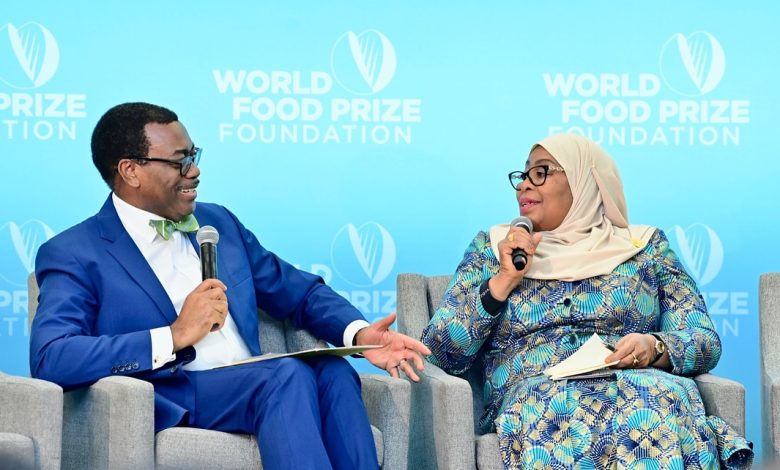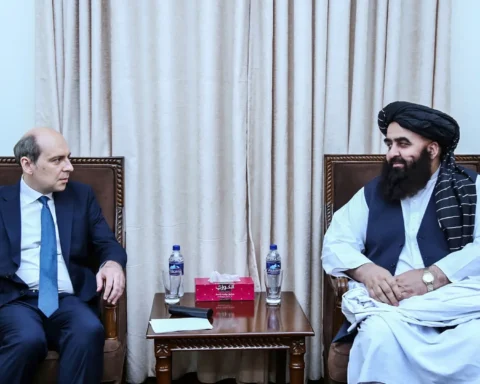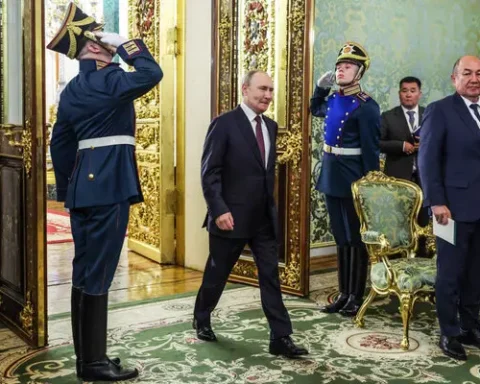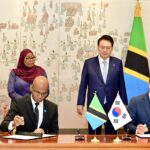President Dr. Samia Suluhu Hassan participated in a roundtable discussion focused on agriculture in Africa, held in Des Moines, Iowa.
The event was organized by the African Development Bank (AfDB) and drew a diverse group of leaders from across the African continent, as well as representatives from the U.S. government and private sector, particularly those involved in agriculture.
The roundtable aimed to address the pressing agricultural challenges facing Africa and explore potential solutions through collaboration between African nations and American stakeholders. President Hassan emphasized the importance of modernizing agricultural practices and investing in sustainable farming techniques to enhance food security across the continent.
In her remarks, President Samia pointed out that Africa has vast agricultural potential that remains largely untapped. “With the right investments and partnerships, we can transform our agricultural sector to not only feed our populations but also contribute significantly to global food supply,” she stated. She called for innovative approaches to agriculture that harness technology and sustainable practices to improve productivity and resilience.
The discussion featured a variety of topics, including access to financing for farmers, the role of technology in agriculture, and strategies for adapting to climate change. Leaders from both Africa and the U.S. shared insights and experiences, highlighting successful initiatives that could serve as models for further development.
Several U.S. agricultural leaders expressed interest in forging partnerships with African nations, recognizing the mutual benefits of collaboration. They emphasized the potential for American agricultural technologies and expertise to play a crucial role in enhancing food production in Africa.
The roundtable also provided a platform for African leaders to discuss the unique challenges their countries face, such as land degradation, water scarcity, and the impacts of climate change. Many participants stressed the need for a comprehensive approach that includes investment in infrastructure, research, and education to empower farmers.
Participants were encouraged to explore public-private partnerships as a means of fostering innovation and expanding access to resources. Discussions highlighted the importance of involving local communities in agricultural development to ensure that solutions are tailored to the specific needs of farmers.
The event concluded with a commitment to ongoing dialogue and collaboration. President Samia and other leaders agreed that enhancing agricultural productivity in Africa requires a coordinated effort involving governments, the private sector, and international organizations.
Read More; Government Owes Contractors $14.2 Billion, Says Committee
As the global community grapples with food security challenges, the discussions in Des Moines serve as a crucial reminder of the potential for cross-continental cooperation in addressing these pressing issues. The insights gained from this roundtable will undoubtedly inform future initiatives aimed at bolstering Africa’s agricultural sector and promoting sustainable development.
Looking ahead, participants expressed optimism that the relationships forged during this event will lead to tangible outcomes that benefit both African nations and their American partners, paving the way for a more resilient and prosperous agricultural future.






